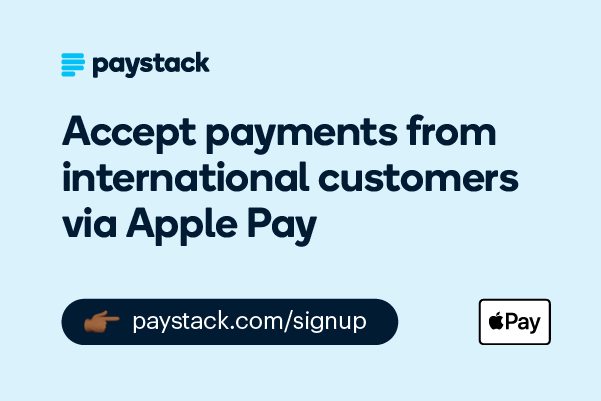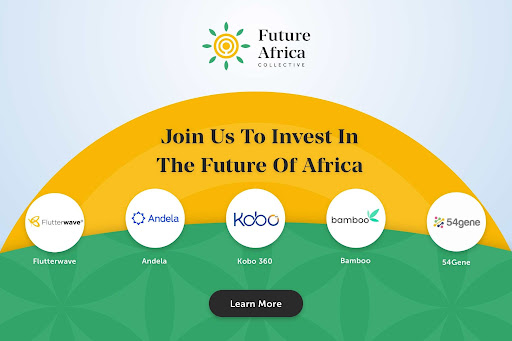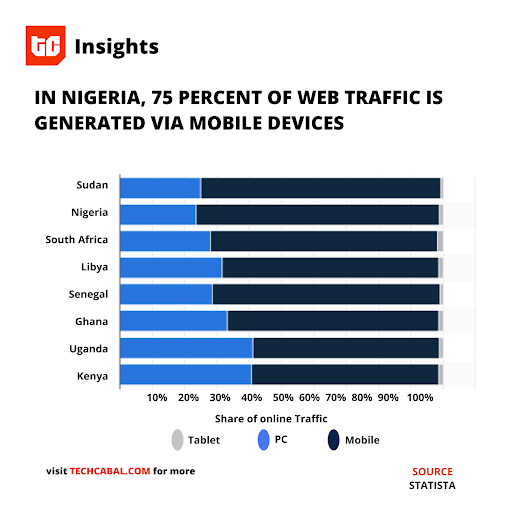
IN PARTNERSHIP WITH

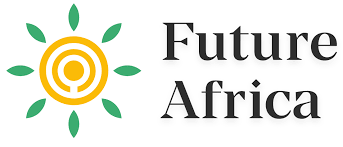

Good morning ☀️ ️
LinkedIn will no longer operate in China.
The platform joins Facebook, Twitter, Google, and even Clubhouse, who have been forced to exit the country after the Chinese government demanded that their content be regulated.
Unlike Facebook and Twitter, though, LinkedIn’s exit is only partial. The platform will be taking out the social aspect that allows users to share posts and articles, leaving only an InJobs feature that helps with job opportunities. China is LinkedIn’s third largest market so it makes sense that they’re not pulling an Elsa and letting it go.
In today’s edition:
- Why MTN Nigeria wasn’t everywhere you went
- Securing East African markets
- Mastercard’s master plan
- TC Insights: More players, lower prices
- Tech Probe
EDITOR’S NOTE
An earlier version of this edition contained some news about MTN Nigeria’s refund to its customers.
We’d mentioned that MTN Nigeria was giving 1MB to all its Nigerian subscribers but didn’t include news of a later release from MTN where the telecoms company retracted that offer and instead enforced a refund on all purchases made between 12 p.m. and 7 p.m. on Saturday, October 16.
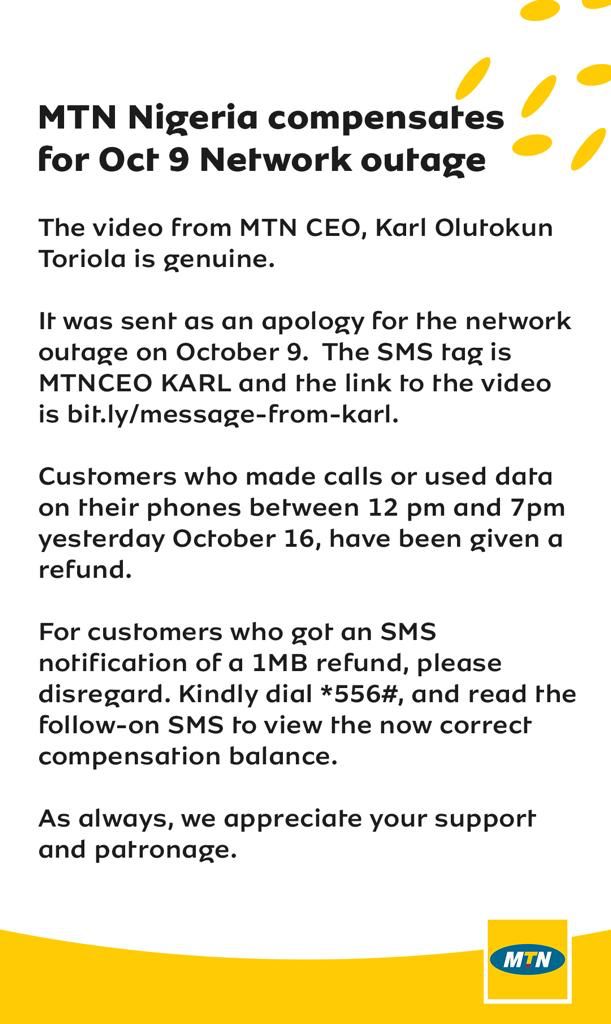
MTN NIGERIA’S INTERNET ISSUES
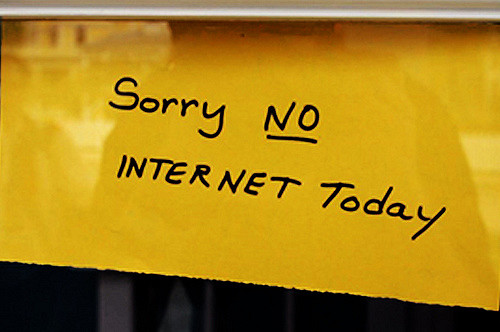
Since we closed out last week’s newsletter with a blackout story and an MTN quip, let’s open this week’s with another.
On October 9, MTN Nigeria experienced a network blackout. Millions of users across the country lost connection and were unable to access data, voice or text services.
Never where you go
Last week was the week everything was shut down, and for once, COVID isn’t to blame. Probably. 🤔
MTN’s internet problem was caused by a technical mishap on their own part. Yesterday, CEO Karl Toriola, in an apology video, attributed the blackout to a technical error that shifted all 4G band users to the 3G band. This, in turn, caused a strain on the 3G band that brought the whole network crashing down.
Yellowing Mellowing it out
Nigerians, who had to switch to alternate networks, took to social media to source for the cause of the issue. While some were undoubtedly concerned that MTN’s shutdown is related to Facebook’s and Snapchat’s, more Nigerians were concerned that the government was moving to shut down the internet in the wake of the first anniversary of the #EndSARS protests.
To compensate, Toriola announced that all MTN users would be refunded for data and airtime expenses made from 12 p.m. – 7 p.m. on Saturday.
Zoom out: MTN is Nigeria’s largest network provider, accounting for 82 million customers across the nation. Refunding customers for purchases made over a seven-hour period sounds like a commensurate way to show your customers that you care
SECURING EAST AFRICAN MARKETS
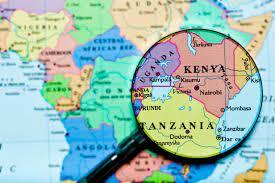
Kenya, Uganda and Tanzania are rolling out a digital platform that will link the three countries’ security markets. Once the platform is up and running, investors will be able to buy and sell stocks with one click. Rwanda will also collaborate.
According to the chief executive of the Nairobi Securities Exchange (NSE), Geoffrey Odundo, the platform will enable seamless trading of “all kinds of securities” in the East African nations.
The goal is to integrate their securities exchanges in order to boost trading.
Trending trades
This is merely one of the new efforts that the NSE has been making to ease investment access for would-be traders via digital platforms.
In August, the NSE introduced a partnership with Safaricom that enables customers to invest in stocks by redeeming loyalty (or Bonga) points.
Coupled with MTN Uganda’s new platform that enables subscribers to buy shares in the company by phone, this looks like an emerging trend—the digitisation of East Africa’s investment landscape, that is.
Accept international payments from your customers in the USA, UK, Canada, and 60+ countries using Pay with Apple Pay.
👉 Create a free Paystack account to get started.
This is partner content.
MASTERCARD’S MASTER PLAN
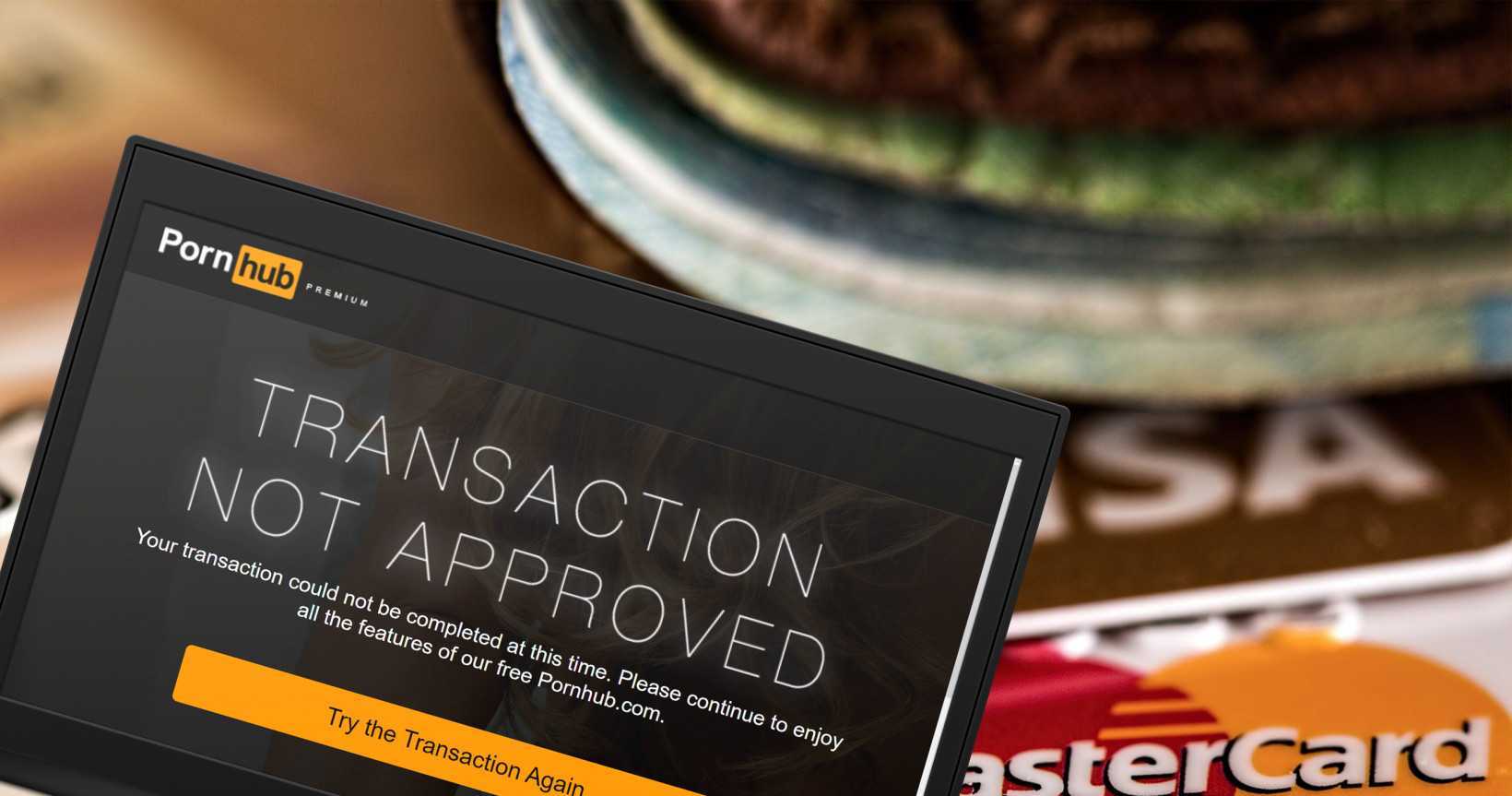
A few weeks ago, we wrote about the involvement of user-generated porn tubes like PorhHub and Xtube in underage and revenge pornography.
We’ve got an update.
In the struggle for ethical pornography, Mastercard has enacted a policy to help porn sites ensure that its users are of the minimum required age.
What’s the plan?
In April, Mastercard announced that a specialty merchant regulation was in the works.
The regulations took effect last Friday and they’re bringing quite a bit of change. The most important aspect of the regulation is that all adult sites that want to access Mastercard’s payment processor will need to provide, “clear, unambiguous and documented consent” for content on all of their platforms.
Mastercard is also requiring that porn sites document and verify the ages of every single actor that appears in videos uploaded onto their platforms.
It’s getting harder for sex workers
Not everybody is happy about this, and you probably can guess why.
Every second, about 28,000 people are surfing porn. If so much porn is being consumed, then it stands to reason that just as much is being created to keep up with the demand. While there’s no reliable information on how much porn is being made per second, there’s info on how much is being uploaded. It’s estimated that on sites like PornHub, which has hundreds of registered accounts, three hours worth of content is uploaded every minute.
That’s a lot of content to regulate, and a lot of actors to verify.
Sex workers are also opining that the new regulations only make things harder for them to do their jobs, and get paid for it. In September, over 1,500 sex workers and allies signed a letter demanding that Mastercard review its regulations.
There are also arguments that Mastercard’s actions are unnecessary, considering that adult sites are enforcing stricter trust and safety policies.
Zoom out: This isn’t a one-size-fits-all solution since Mastercard isn’t the only payment processing platform available to use. While it is one of the largest, there are other options including PayPal, Visa, and Stripe, some of whom are working with adult sites to find solutions that work for all.
Join the Future Africa Collective – an exclusive community of investors who invest in startups building the future of Africa. With a $1,000 annual or a $300 quarterly subscription fee, you get access to invest a minimum of $2,500 in up to 20 fast-growing African startups each year.
Learn more here.
This is partner content.
TC INSIGHTS: MORE PLAYERS, LOWER PRICES
If you had access to the internet anywhere in Africa 20 years ago, you were a member of the 4.5 million club.
Back then, Africa lagged behind the rest of the world in terms of internet users. Twenty years and 560 million users later, the gap has reduced. Although there’s been significant progress, the work is far from done. Only 43% of Africans had access to the internet as of December 31, 2020.
A large number of Africans access the internet via their smartphones. As of October 2020, the majority of web traffic in key African markets originated from mobile devices. In Nigeria, one of the African countries with the largest internet populations, 75% of web traffic was generated via smartphones and only 24% via PC devices. This is because mobile connections are cheaper and don’t need the infrastructure required for desktop PCs with fixed-line internet connections.
Yet, mobile internet plans take a large chunk of the incomes of many African consumers. A mobile broadband subscription with at least 1.5GB of data costs around four times more in developing countries than in developed ones.Africans are charged an average of 7.1% of their monthly salary for a gigabyte of mobile data, more than 3 times the affordable amount, according to a report by the Alliance for Affordable Internet (A4AI).
To solve this problem, governments across Africa must formulate policies to increase competition in the mobile broadband market. Market competition is one of the important factors that influence the price of mobile data. Poor broadband policy that fails to create a healthy and competitive market costs users about $3.42 per GB, according to the 2019 Affordability report. Breaking up a broadband monopoly can create a savings of up to $7.33 per GB for users. For instance, a decrease in the price of mobile internet to $3.60 per month led to a 3.4% increase in adoption in Guinea-Bissau and about a 1% increase in Niger.
Given a choice between paying for expensive mobile internet plans and other basic necessities, many African consumers will go for the latter. If prices go down, the number of internet users will increase.
Get all our reports here and watch videos from our events. Got any research requests? Send them to us here.
Have you registered for the Endeavor Nigeria Catalysing Conversations summit happening next week?
Join speakers of Endeavor Nigeria’s fireside chats on October 21 at 10:30 am WAT, 2021, as they talk about the transformational power of technology in logistics and supply chains, financial freedom in frontier and emerging markets, building a unicorn, and their entrepreneurial journey.
Register here.
This is partner content.
JOB OPPORTUNITIES
Every week, we share job opportunities in the African ecosystem.
- Helicarrier – Finance Analyst, Operations Associate, Backend Engineer (Senior) – Lagos, Nigeria – Deadline: October 22
- TechCabal – Consumer Tech & Digital Culture Writer – Africa (Remote)
- SafeBoda – Head of Financial Innovation – Kampala, Uganda
- GT Bank – Relationship Officer – Kenya
There are more opportunities here. If you’d like to share a job opening or an opportunity, please fill this form.
TECH PROBE
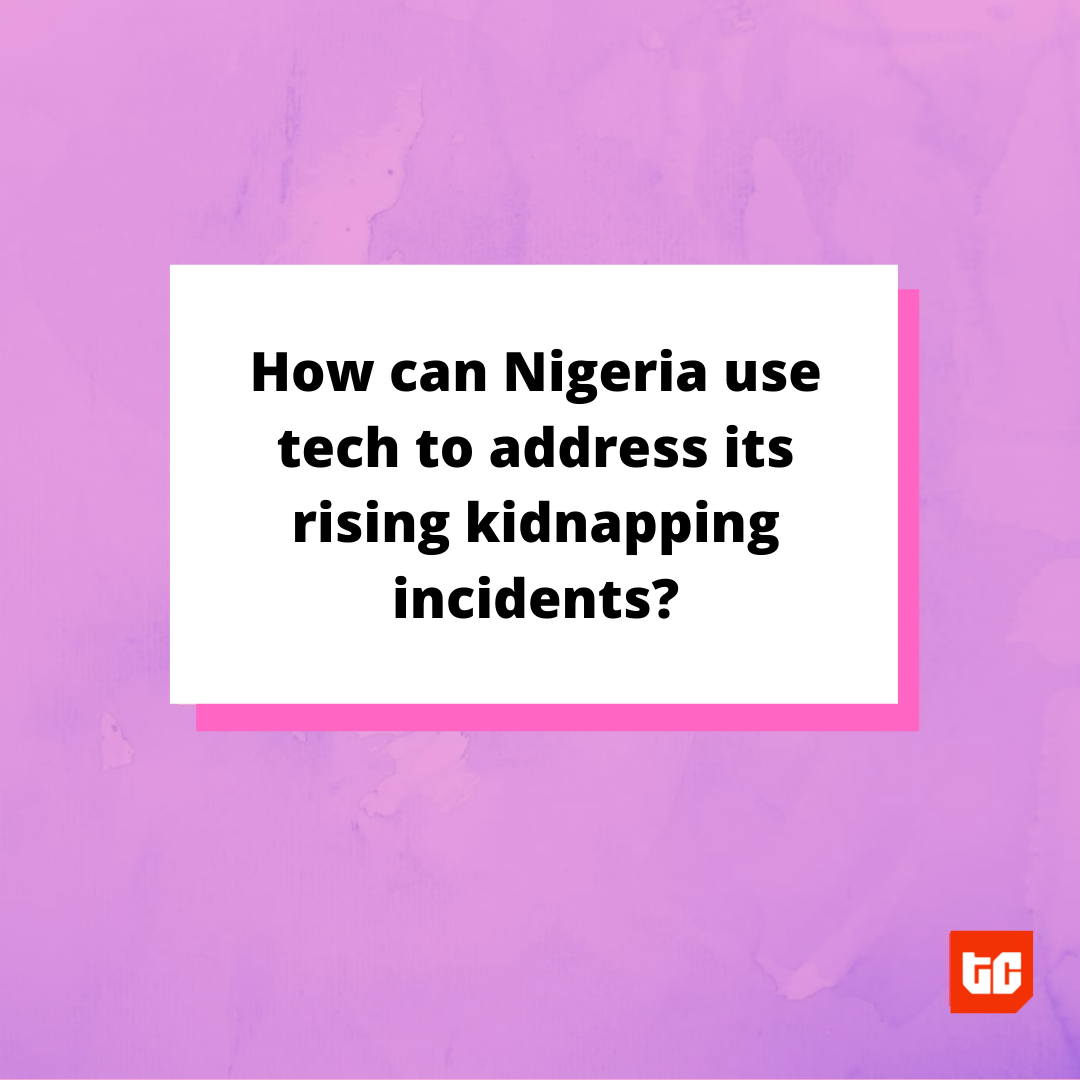
Share your thoughts with us on Twitter and Instagram, or send a reply to newsletter@techcabal.com.
We’ll publish some of the most interesting responses on Friday.
What else we’re reading
- Here’s why Uzoma Dozie’s Sparkle had only Nigerian investors in its $3.1 million funding round.
- PaySika pre-seed funding will help provide neobank services in francophone Africa.
- African countries are leading the world in broadband speed growth.
- WhatsApp has begun rolling out its chat history encryption feature.







